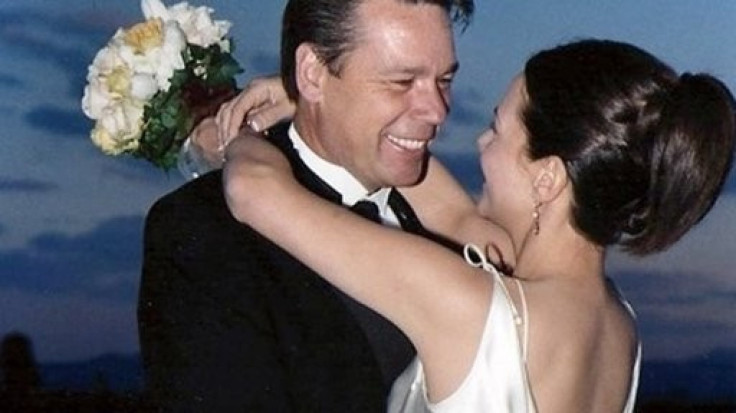Catherine Graves Slips into Madness after her Husband Dies of Brain Tumor

Catherine and her husband John Graves were married in 2001, and joined together their families, which had a total of six children. However, a few years in, John started acting weird. He wasted money, ignored Catherine and disappeared for hours, according to Good Morning America.
Catherine became suspicious. She hired a private detective to tail him, but wasn't able to find anything nefarious. They agreed to go to counseling, where John was diagnosed with depression. Then, while in treatment for his depression, John suffered a seizure. He went to the emergency room, where a brain scan showed a virulent glioblastoma, or, a glimoa.
I faced a harsh reality, Catherine told Good Morning America. I thought I would be spending the rest of my life with him.
The tumor, it turns out, was responsible for John's change in behavior. It's not typical, but it can happen, Dr. Dan Barrow, chairman of the department of neurosurgery at Emory University School of Medicine in Atlanta, told Good Morning America. It's not rare for people with brain tumors to present, among other things, a personality change, he Barrow. Sometimes it's subtle and noticed only by loved ones.
John underwent surgery to remove the tumor, but it left him emotionless, much like a lobotomy. He suffered repeated seizures. He was sent home, leaving Catherine to care for him. The doctors said it could go on for a couple of years with no end in sight, she said. I was so depressed. The doctors, she said, didn't offer much help. It was so about the patient -- there was nothing for me, she said.
According to Good Morning America, one-third of all Americans are taking care of their ill or disabled relatives, 70 percent of who are women. The mental part of it was the hardest, she told ABCNews.com. I was so depressed, but I couldn't be depressed because it wasn't about me. I was lonely and scared and the person that I knew had vanished.
A study from the American Psychological Association found that caregivers are more likely to report more stress than the general population, and are at a higher risk for chronic illness. Catherine said that after her husband's death, she suffered from depression and anxiety, and eventually was treated for post-traumatic stress.
I check out mentally, she said. On the outside I looked normal, but I was so disconnected and far away. ... I had alienated myself from everyone, even from myself. She was even admitted to an intensive outpatient therapy program.
Lynn Feinberg, care-giver expert for AARP, told Good Morning America that caregiver stress is a huge issue. The most important point is that health care professionals don't often help families recognize they are in a care-giving role and need support, not only in caring procedures but also in bereavement, she said.
What doesn't exist is a structure to support these folks, she said. They have to find their way in an unconnected network of support at a time when they are most stressed.
Therapy helped Catherine Graves work through her issues. She is back at work, and she is reconnecting with her children, who, she said, are doing very well.
It's strange -- I was so removed, she said. But now, I remember the good times.
© Copyright IBTimes 2024. All rights reserved.











